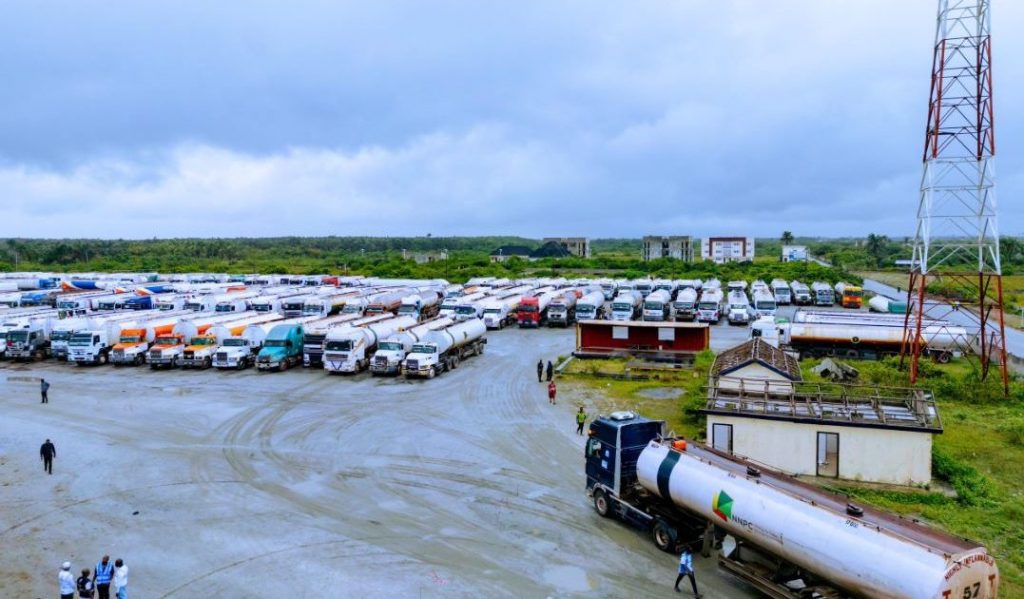The Nigerian downstream oil sector is experiencing a period of significant turbulence, marked by a resurgence in petrol imports and escalating tensions between independent oil marketers and the Dangote Petroleum Refinery. Despite Dangote’s substantial investment in the refinery, designed to reduce Nigeria’s dependence on imported fuel, marketers have resumed large-scale importation, bringing in nearly 500 million litres of petrol within a nine-day period. This renewed reliance on imports raises concerns about the viability of Dangote’s venture and highlights underlying issues within the sector.
Dangote’s concerns about the refinery’s “fight for survival” stem from the continued preference for imported fuel, despite the refinery’s increased production capacity. This preference is driven by a complex interplay of economic and operational factors. Marketers cite the refinery’s pricing model as uncompetitive compared to international import options. Further complicating matters are issues surrounding unfavorable business terms, including gantry loading procedures, which have discouraged marketers from sourcing locally. The resulting surge in imports underscores the disconnect between the refinery’s output and the market’s demands.
The economic implications of this import surge are substantial. With an estimated landing cost of N879.48 per litre, the recent imports represent a significant outlay of foreign exchange, adding to the trillions already spent on fuel imports in recent months. This continued reliance on imports exerts pressure on the Nigerian naira, depletes foreign reserves, and hinders the potential for pump price reductions, even in the face of declining global crude oil prices. The situation reveals a systemic challenge within Nigeria’s downstream sector – a dependence on imports that perpetuates economic instability.
A closer examination of the import data reveals a nuanced picture. Pinnacle Oil, a depot strategically located near the Dangote refinery, received a disproportionately large share of the imported petrol. This, coupled with significant imports by other independent marketers, suggests a deliberate shift away from local sourcing. Market dynamics appear to favor importation, driven by potentially wider margins at the depot level and mounting supply pressures. The increased depot prices for petrol further complicate the situation, adding to the challenges of distribution and pricing across the downstream market.
Industry stakeholders offer varied perspectives on this complex scenario. The Independent Petroleum Marketers Association of Nigeria (IPMAN) acknowledges the liberalization of the market but expresses concern over the sudden import surge, suggesting deeper issues with Dangote’s pricing strategy. The Petroleum Products Retail Outlets Owners Association of Nigeria (PETROAN) paints a dire picture, with over 70% of its retail outlets shut down due to unsustainable operating conditions and price volatility. This forces them to seek alternative supply sources offering stability and relief, often from importers. They fear a replication of the Ambani strategy, where short-term losses are endured for eventual market dominance, potentially at the expense of smaller players.
Experts in the oil and gas sector confirm a growing business conflict between importers, depot owners, and the Dangote refinery. The refinery’s large gantry loading capacity, while efficient, has inadvertently reduced the market share of traditional fuel importers. This has intensified competition, prompting many importers to focus on their retail outlets for survival. Long-standing importers and depot operators, leveraging their established networks and experience, can often secure cheaper landing costs, further challenging the refinery’s competitiveness. This dynamic highlights the complexities of integrating a large-scale refinery into an existing market structure with entrenched players. Moreover, the situation calls for a more strategic approach to regulation, focusing not just on market structure but also on the conduct of market participants to ensure fair competition. A shift towards price modulation is recommended, particularly as the Dangote refinery navigates its integration challenges, to achieve a more stable and efficient downstream sector.














